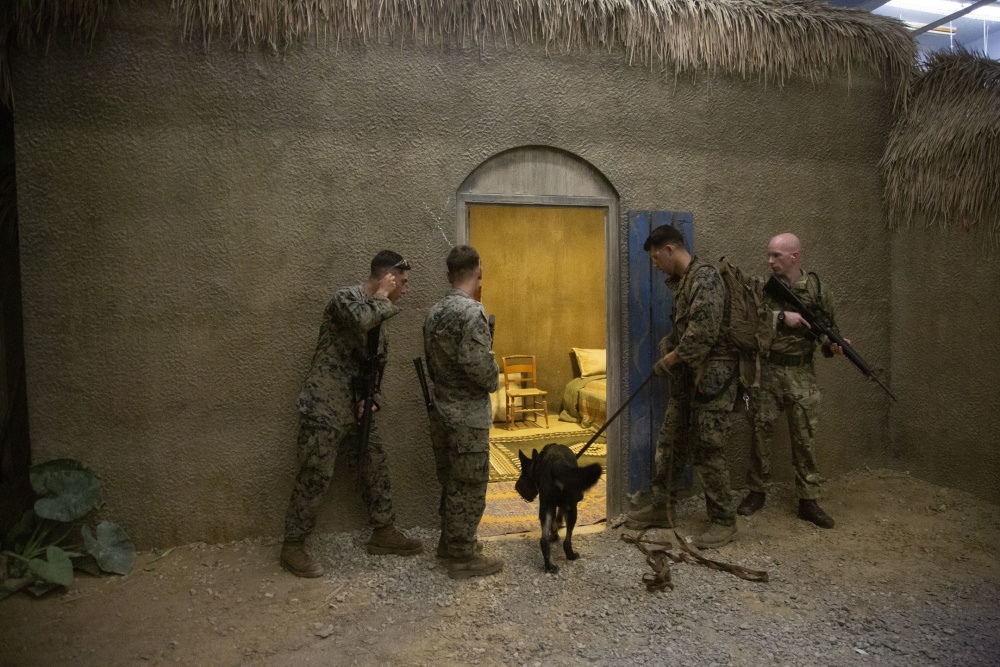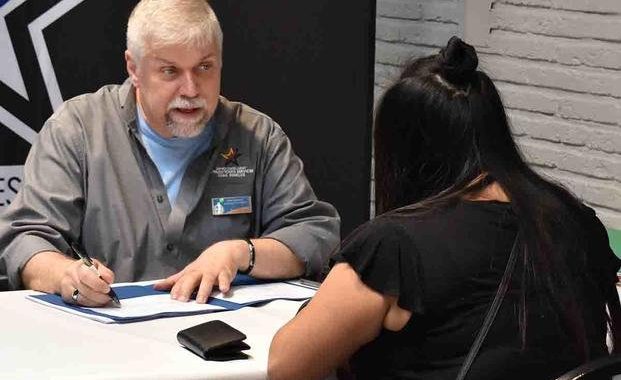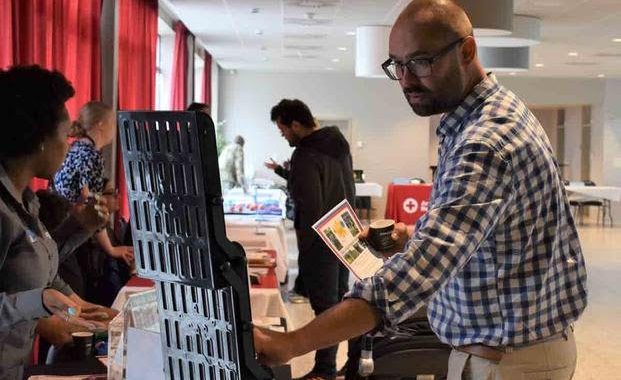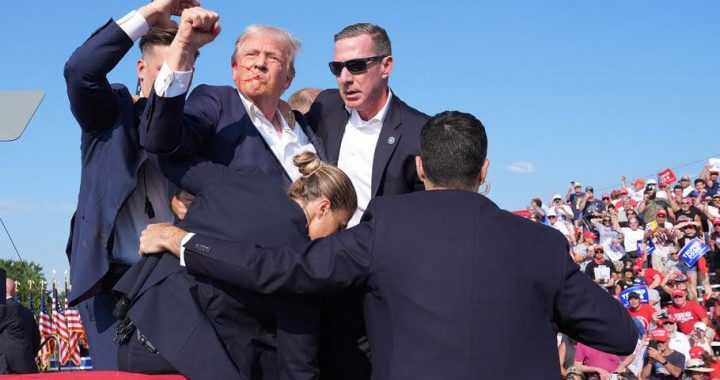Marines, British Soldiers Train In The Infantry Immersion Trainer
2 min read
MARINE CORPS BASE CAMP LEJEUNE, NC, UNITED STATES
Story by Lance Cpl. Taylor Smith
Marine Corps Installations East
Marines with 2nd Intelligence Battalion, 2nd Marine Division, II Marine Expeditionary Force continued to build a strong relationship with British Army Reserve soldiers with 5th Military Intelligence (5MI) Battalion, during Exercise Phoenix Odyssey from Sept. 11-19.
The purpose behind the exercise originated in 2014 to improve interoperability by increasing cohesion between British and U.S. military units so they are better prepared to work alongside one another. . This year, the training was hosted on Marine Corps Base Camp Lejeune.
The weeklong training placed the two units inside the Infantry Immersion Trainer (IIT) on MCB Camp Lejeune. Inside the IIT, the military members conducted detaining operations, handling prisoners of war and finding improvised explosive devices. The urban setting of the IIT provided the U.S. Marines and British Soldiers with realistic training, and interactive role players gave the combined force of intelligence operatives a realistic setting to apply their skills.
“It’s important to train together,” said Lance Cpl. Alexander Pino, a patrol leader with 2nd Intelligence Battalion. “On deployments we work with other countries, so the more time and training we get with them, the better we will work with them.”
The training affords Marines and British soldiers the opportunity to share intelligence operations capabilities with one another, expanding their mutual capabilities to work as NATO allies in the event of real-world operations.
“These exercises are not only great in what they achieve for learning objectives, but also just how we can iron out creases so when we deploy we can work shoulder to shoulder,” said Lt. Col. Angel Sedgwick, commanding officer of 5MI Battalion.
Bilateral training exercises like Phoenix Odyssey serve to provide crucial training opportunities to share intelligence operations capabilities and to work together in the event of real-world operations.
“We train together to learn how to work with one another in the intelligence operations center so that in the event we have to deploy, it’s important we understand how to do the same processes,” said Chief Warrant Officer 4 Tevis Lang, a master analyst with 2nd Intelligence Battalion. “If we understand each other, we can work together anywhere.”








